We always yearn to prepare the biggest feast for our loved ones during the holiday season.
The question is, how does it affect their health and energy needs especially if they fall in the vulnerable category?
Remember, as we age, our nutritional needs evolve. For older adults, a balanced diet is essential for maintaining overall health, managing chronic conditions, and enhancing quality of life.
Why Nutrition Matters for Seniors
Proper nutrition helps maintain muscle mass, boosts the immune system, and promotes mental clarity. It can also help prevent or manage chronic conditions such as heart disease, diabetes, and osteoporosis.
Key Nutritional Needs for Seniors
Special Dietary Considerations
Seniors with specific conditions such as diabetes, hypertension, or heart disease may need a tailored diet. For example, those with diabetes should limit sugar intake, and individuals with hypertension should reduce sodium.
By adopting a nutrient-rich diet, seniors can enhance their well-being and quality of life.



At Divine Care Group LLC, we don’t just provide home care;
We Strive to make every day for our clients the “best day ever.”
Let’s be your next success partners.
Copyright © 2025 Divine Care Group
GUIDE DOWNLOAD
